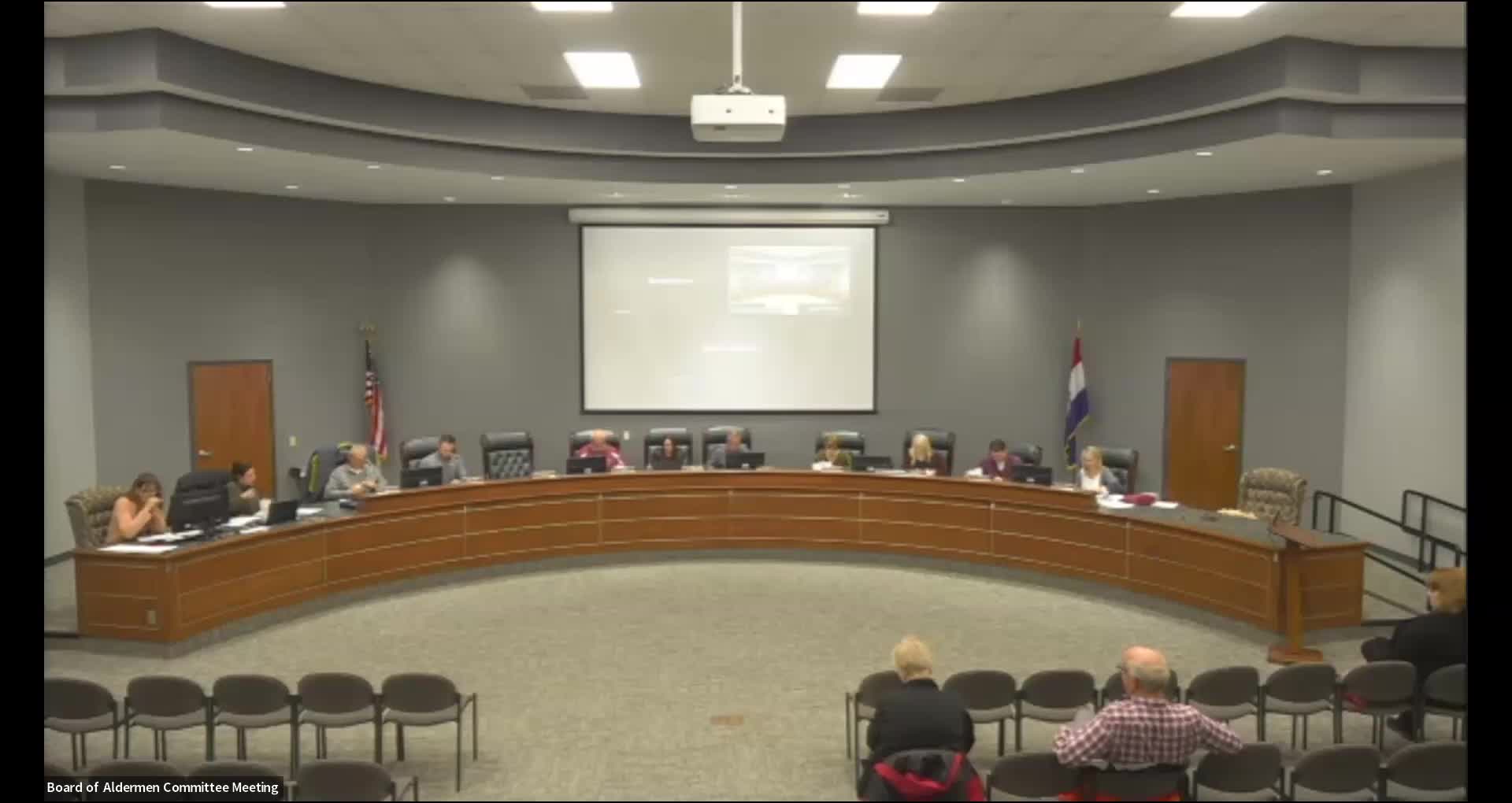City Considers Spectrum's DDoS Cybersecurity Service Amid Rising Renewal Challenges
April 07, 2025 | Fenton , St. Louis County, Missouri
This article was created by AI summarizing key points discussed. AI makes mistakes, so for full details and context, please refer to the video of the full meeting. Please report any errors so we can fix them. Report an error »

In the heart of Fenton's city hall, a crucial discussion unfolded during the April 3, 2025, Board of Aldermen Committee Meeting, focusing on the city's cybersecurity measures. As technology continues to evolve, so do the threats that municipalities face, prompting city officials to consider a new layer of protection against potential cyberattacks.
The meeting highlighted a proposal from Spectrum for a Distributed Denial of Service (DDoS) protection subscription, priced at approximately $600 per month. Jacob, an expert from ENT, was invited to clarify the complexities of DDoS attacks and the potential benefits of this service. He explained that a DDoS attack involves overwhelming a network with traffic from compromised machines, aiming to disrupt services rather than steal data. While such attacks are more common against larger government entities, the risk remains for smaller municipalities like Fenton.
Alderman Lang raised an important question about the nature of these attacks, distinguishing them from phishing attempts that require user interaction. Jacob reassured the board that DDoS attacks are initiated externally and do not rely on internal mistakes. The discussion revealed that while Fenton currently has robust cybersecurity measures, including enterprise firewall protection, the DDoS service could enhance their defenses.
The committee weighed the cost against the potential risks. Jacob noted that while the DDoS protection could mitigate attacks almost instantaneously, the city would still be able to recover from an attack without it, albeit with some disruption. The timeline for recovery would be within 24 hours, thanks to existing backup systems.
Amy de Blasio, present to discuss cyber insurance renewals, confirmed that while the DDoS service might not directly lower insurance premiums, improvements in security could positively influence future policy considerations. The current cyber insurance premium stands at $4,010, with projections for an increase to $7,700 in the coming year.
As the meeting progressed, the board grappled with the decision of whether to invest in the DDoS protection. The consensus leaned towards recognizing the value of enhanced security, even if the immediate threat level seemed low. Ultimately, the discussion underscored the ongoing challenge of balancing cybersecurity investments with budgetary constraints, a dilemma that many municipalities face in an increasingly digital world.
With the meeting adjourned, Fenton's leaders left with a clearer understanding of their cybersecurity landscape, poised to make informed decisions that would safeguard their community's digital infrastructure.
The meeting highlighted a proposal from Spectrum for a Distributed Denial of Service (DDoS) protection subscription, priced at approximately $600 per month. Jacob, an expert from ENT, was invited to clarify the complexities of DDoS attacks and the potential benefits of this service. He explained that a DDoS attack involves overwhelming a network with traffic from compromised machines, aiming to disrupt services rather than steal data. While such attacks are more common against larger government entities, the risk remains for smaller municipalities like Fenton.
Alderman Lang raised an important question about the nature of these attacks, distinguishing them from phishing attempts that require user interaction. Jacob reassured the board that DDoS attacks are initiated externally and do not rely on internal mistakes. The discussion revealed that while Fenton currently has robust cybersecurity measures, including enterprise firewall protection, the DDoS service could enhance their defenses.
The committee weighed the cost against the potential risks. Jacob noted that while the DDoS protection could mitigate attacks almost instantaneously, the city would still be able to recover from an attack without it, albeit with some disruption. The timeline for recovery would be within 24 hours, thanks to existing backup systems.
Amy de Blasio, present to discuss cyber insurance renewals, confirmed that while the DDoS service might not directly lower insurance premiums, improvements in security could positively influence future policy considerations. The current cyber insurance premium stands at $4,010, with projections for an increase to $7,700 in the coming year.
As the meeting progressed, the board grappled with the decision of whether to invest in the DDoS protection. The consensus leaned towards recognizing the value of enhanced security, even if the immediate threat level seemed low. Ultimately, the discussion underscored the ongoing challenge of balancing cybersecurity investments with budgetary constraints, a dilemma that many municipalities face in an increasingly digital world.
With the meeting adjourned, Fenton's leaders left with a clearer understanding of their cybersecurity landscape, poised to make informed decisions that would safeguard their community's digital infrastructure.
View full meeting
This article is based on a recent meeting—watch the full video and explore the complete transcript for deeper insights into the discussion.
View full meeting
